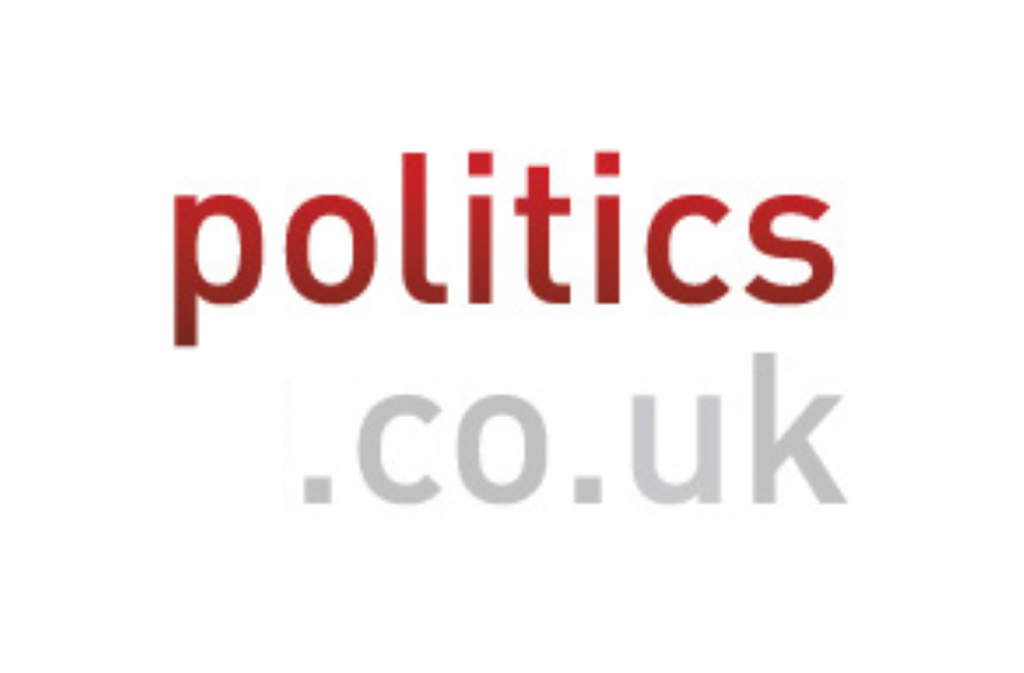Howard outlines Northern Irish vision
In his first visit to Northern Ireland as leader of the Conservative Party, Michael Howard has promised to support campaigners seeking to retain the system of academic selection in Northern Ireland and urged immediate paramilitary disarmament.
Speaking to the Belfast Royal Academy, Mr Howard said he had “no hesitation” in joining the campaign to retain academic selection, pointing to the excellence of results in Northern Irish schools
He told his audience that: “Not surprisingly, two-thirds of people here have told the Department of Education’s own Household Survey that they wish to retain the present system.
“Yet the system parents want to retain is under threat from politicians. First Sinn Fein, and now Labour are embarked on a course of dogmatic vandalism that threatens to destroy excellence.”


If direct rule is still in place, Mr Howard said that the new Northern Ireland Secretary would reverse the decision to abolish selection, and initiate a review on a new form of academic selection to replace the 11+.
Northern Ireland, unlike England, has retained the 11+ test which is used to decide whether children go to grammar or secondary schools. But in January, the Government, following a review of the system, announced plans to phase out the test by 2008.
The Conservative Leader’s comments came during a one day visit to Northern Ireland, in which he also held a breakfast meeting with the Northern Ireland Federation of Small Businesses. The main thrust of his speech there was the need to ensure transparency in paramilitary disarmament.
On decommissioning, he said that the people of Northern Ireland had been promised an end to paramilitary violence, “yet, there have been only three acts of decommissioning, and we still have no idea what proportion of the IRA’s arsenal has been put beyond use.
“Last year alone, ten years after the first ceasefires, almost 200 people were convicted of terrorist-related offences in Northern Ireland. Meanwhile, the first Report of the Independent Monitoring Commission in April highlighted in vivid terms the extent to which both republican and loyalist groups terrorise their communities and are up to their necks in all forms of criminal activity.
“All of this is inconsistent with the Belfast Agreement and a ‘ceasefire’ as any reasonable person would understand that term.
“That is why the IMC concluded that – in respect of the two parties associated with paramilitary organisations, Sinn Fein and the Progressive Unionist Party – if the Assembly had been sitting they would have recommended sanctions up to and including exclusion from office.”
Stressing that the Conservatives supported the basic principle of the agreement, “we also agree with those who say that devolution can only be restored on a fully inclusive basis once the shadow of the gun, and the private armies, have been removed for good.”
“It is unacceptable in any democracy to expect politicians to share power with those who remain inextricably linked to armed and active paramilitary groups.
“So while other issues – such as Ministerial accountability – are important, securing an end to paramilitarism is essential if sustainable progress is to be made” he said, adding that: “Vague promises of great things in the future, or tortuous formulations of words, simply won’t wash.”
He called for a “clearest demonstration – through deeds, not just words – that the republican movement has completed the transition to ‘exclusively democratic and peaceful means’. That must include transparent decommissioning to an agreed timetable, an end to the IRA as an active paramilitary group and a clear acknowledgement that the so-called ‘war’ really is over.
“And it should also be a basic requirement of Ministers in Northern Ireland that they unreservedly support the police and criminal justice system here. Until these things happen, any further moves by the Government on issues like security normalisation or changes to policing would be, to put it mildly, unwise. And they would be opposed by me and my party.”
Mr Howard concluded: “I am a Unionist and the Conservative Party is a Unionist Party. At the same time we believe passionately in the rights of nationalists and republicans to take pride in, and express, their cultural identity and to campaign, peacefully and democratically, for a united Ireland. We stand absolutely by the principle of consent.”












